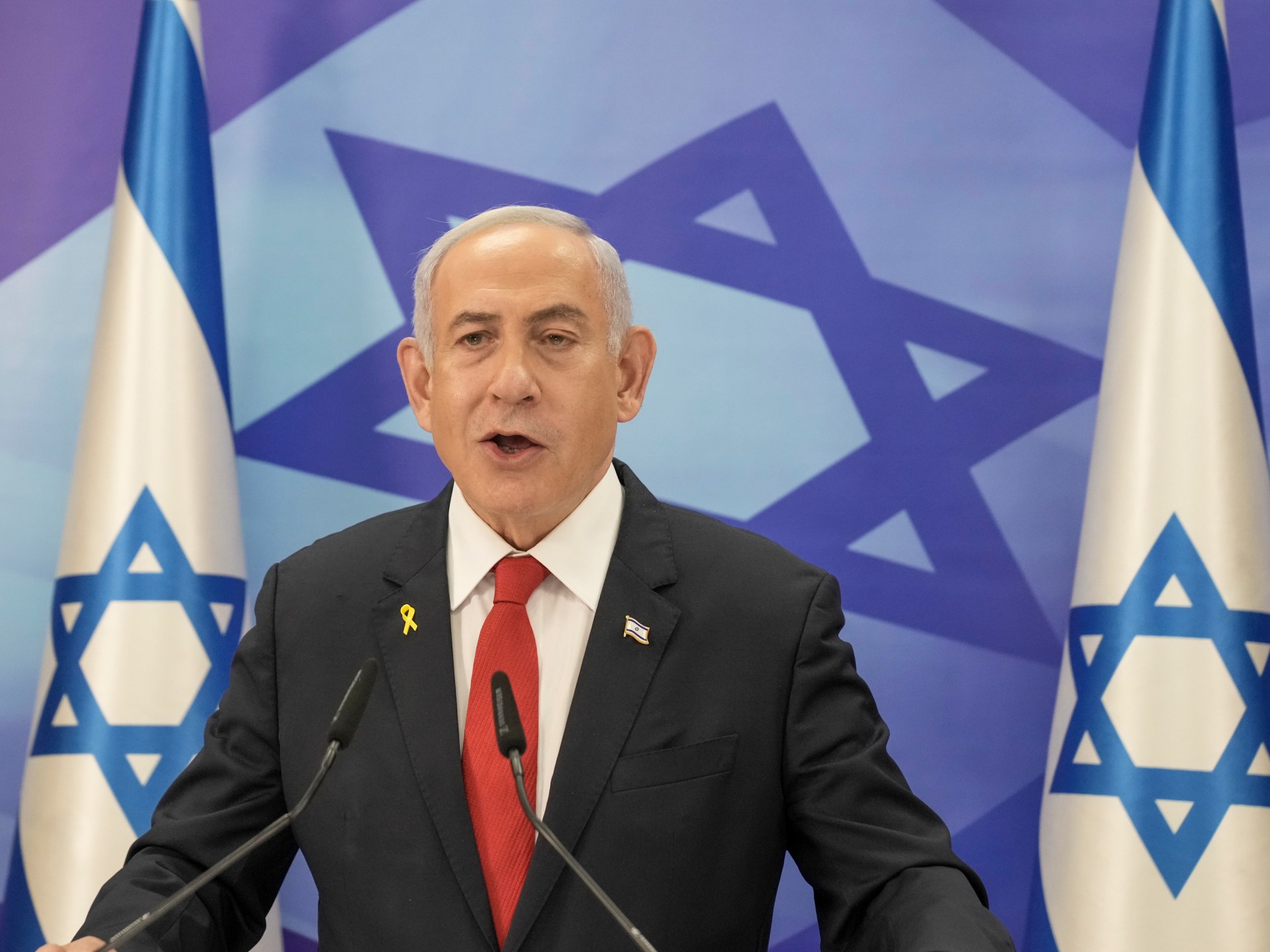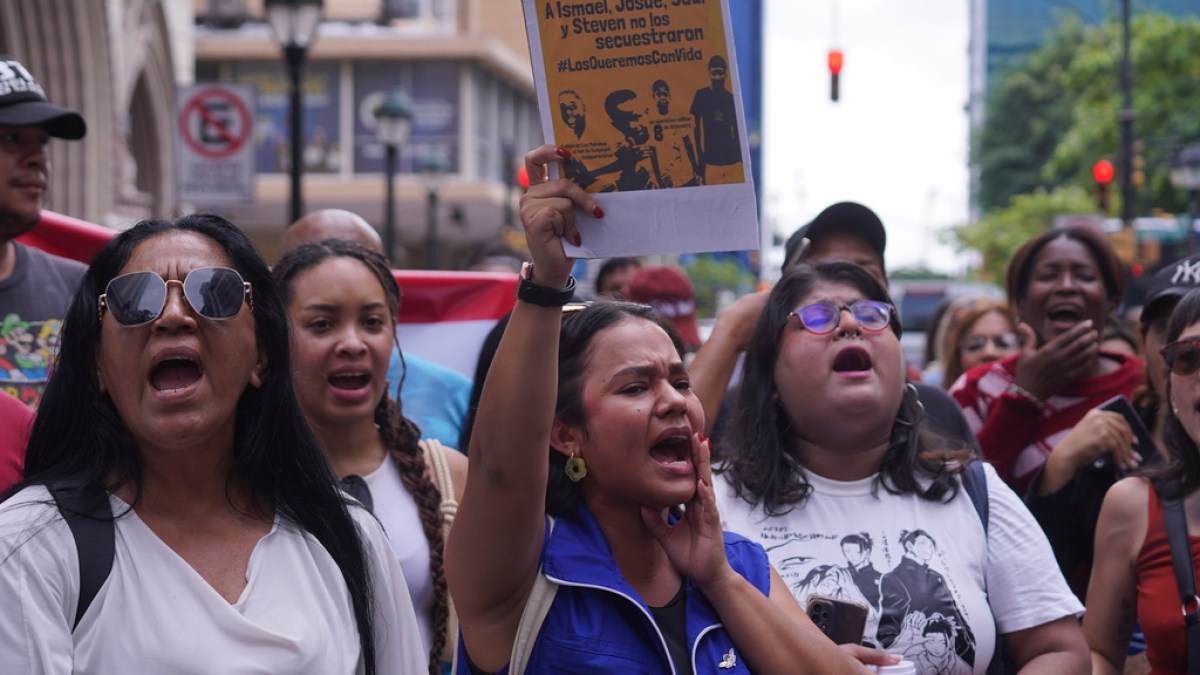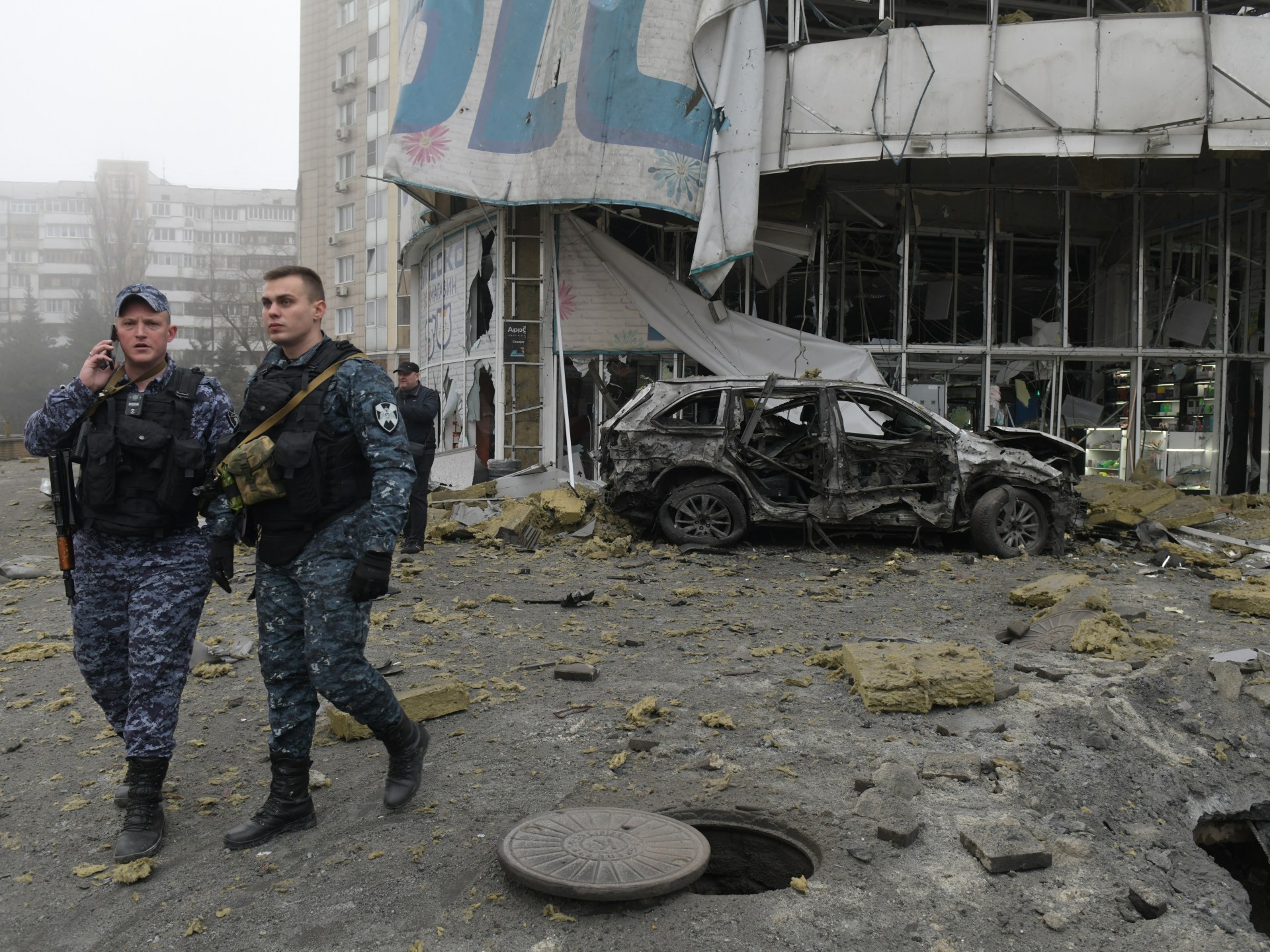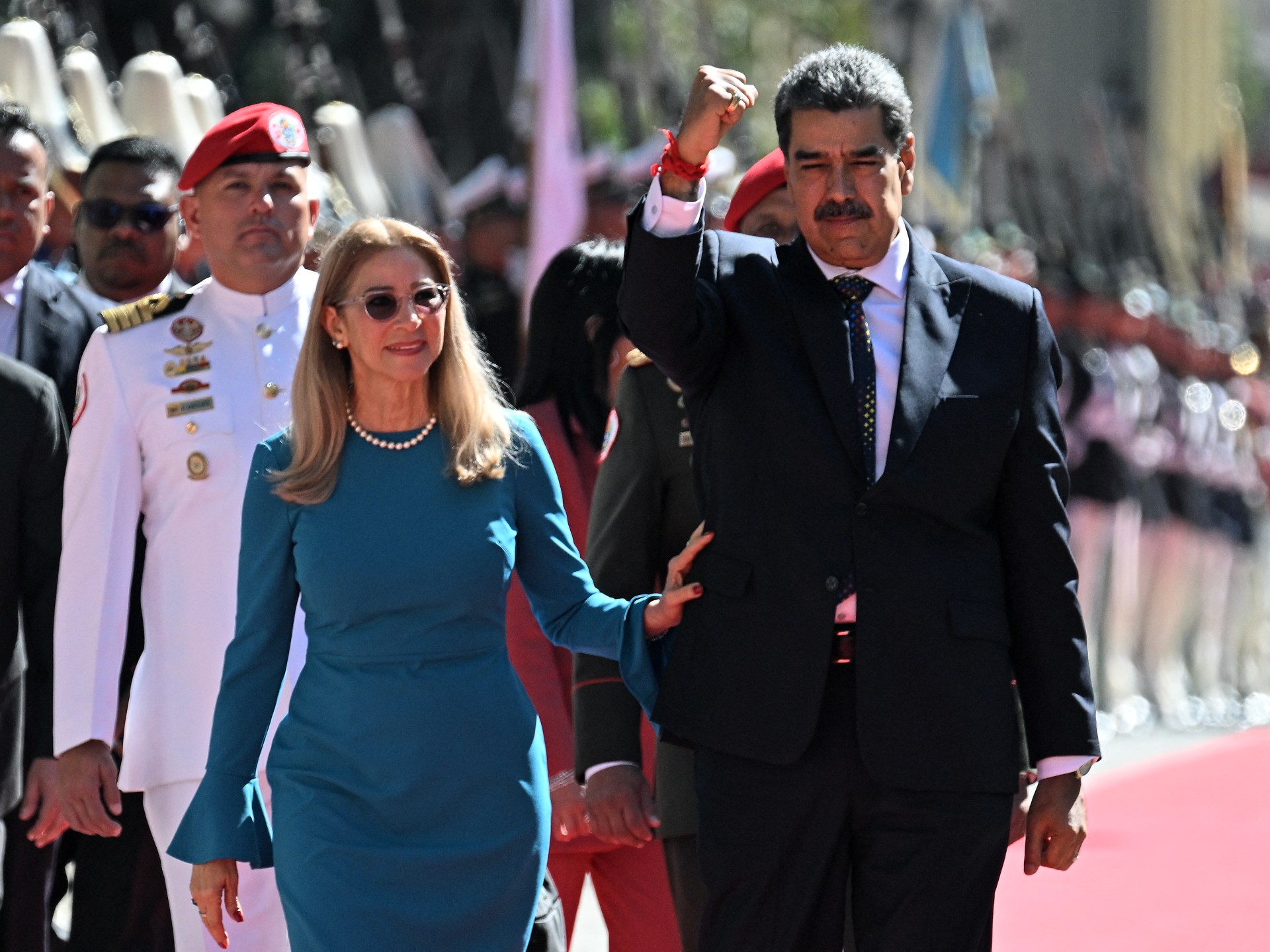Netanyahu says Gaza ceasefire won’t start until Hamas gives captives list
 19 January 2025
19 January 2025


Hamas says it has handed over to mediators the names of three Israeli female captives to be released by the Palestinian group in Gaza.
“As part of the prisoner exchange deal we decided to release today: Romi Gonen, 24, Emily Damari, 28, and Doron Steinbrecher, 31,” Abu Obeida, spokesman for Hamas’s armed wing, the Qassam Brigades, said on Sunday.
Israeli authorities have confirmed they have received the list.
The announcement potentially clears the way for the truce – scheduled to start at 8:30am local time (06:30 GMT) – to begin after an hours-long delay.
Meanwhile, the Israeli military continued its genocide in Gaza despite a ceasefire deal, killing at least 10 Palestinians and wounding 25 others.
Earlier on Sunday, Israeli Prime Minister Benjamin Netanyahu ordered the military not to begin the ceasefire in Gaza until Hamas issues the names of the captives to be released.
“The prime minister instructed the IDF that the ceasefire, which is supposed to go into effect at 8:30am, will not begin until Israel has the list of released [captives] that Hamas has pledged to provide,” his office said in a statement on Sunday.
Advertisement
In a statement shortly afterwards, Hamas blamed the delay in handing over the names on “technical field reasons”, and said it was committed to the ceasefire deal announced last week.
Netanyahu’s warning came hours after his speech in which he said Israel retained the right to resume the war in Gaza, and that it had the backing of the United States to do so if the second stage of the ceasefire is fruitless.
In a related development, Israel’s far-right National Security Minister Itamar Ben-Gvir’s party announced it was leaving the country’s ruling coalition in protest at what it called the “scandalous” ceasefire agreement in Gaza.
In a statement, Jewish Power called the ceasefire deal a “capitulation to Hamas” and denounced what it called the “release of hundreds of murderers” and the “renouncing of the [Israeli military’s] achievements in the war” in Gaza.
Netanyahu retains a slim majority in the Israeli parliament despite their resignation.
Al Jazeera’s Stefanie Dekker, reporting from Amman, the Jordanian capital, earlier said there was “so much international pressure” on both Hamas and Israel, it would be “very difficult” to see how the ceasefire, particularly the first phase, does not go ahead.
“Will there be some delays potentially at this point in time? I’m pretty sure Qatar will be putting incredible pressure on Hamas, if indeed these names haven’t yet been handed over, to do so,” she said.
“But Hamas has reiterated it is committed to the ceasefire, and then it will hand these names over as soon as they can.”
Advertisement
The 42-day first phase of the ceasefire should see a total of 33 captives returned from Gaza and hundreds of Palestinian prisoners released by Israel.
Israeli forces should pull back into a buffer zone inside Gaza, and many displaced Palestinians should be able to return home. The devastated territory should also see a surge in humanitarian aid.
This is going to be only the second halt in the war, proposed to be longer and more consequential than the weeklong pause more than a year ago, with the potential to end the fighting for good.
Negotiations on the far more difficult second phase of this ceasefire should begin in about two weeks. Key questions remain, including whether the war will resume after the six-week first phase and how the rest of the nearly 100 captives in Gaza will be freed.
Israel’s cabinet approved the ceasefire on Saturday in a rare session during the Jewish Sabbath, more than two days after mediators announced the deal.
The warring sides were under pressure from both the outgoing Biden administration and President-elect Donald Trump to achieve a deal before the US presidential inauguration on Monday.
Related News

Incumbent Milanovic to win Croatia’s presidential election: Early results

Ecuador confirms charred bodies belong to four missing boys

Russia-Ukraine war: List of key events, day 1,053

